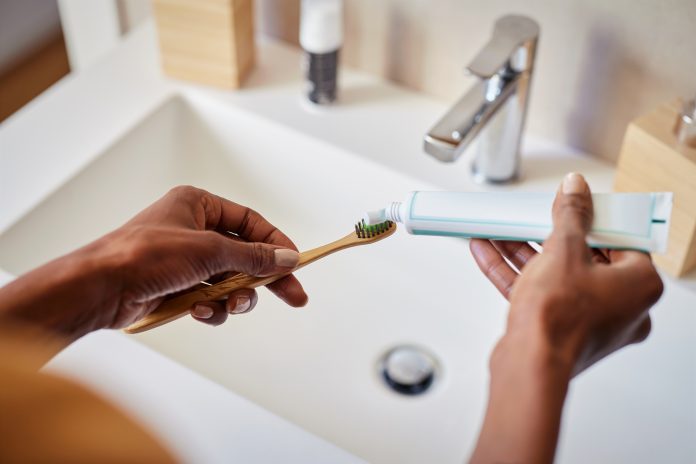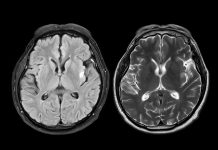Scientists at King’s College London have created a toothpaste using human hair proteins that can rebuild damaged enamel, offering a sustainable, natural way to treat tooth decay
Researchers at King’s College London have developed a groundbreaking toothpaste made from human hair, offering a sustainable and clinically effective method to protect and repair damaged teeth.
This innovative approach utilises the natural properties of keratin, a protein found in hair, to remineralise tooth enamel and promote healing. The development marks a significant advancement in dental care, providing an eco-friendly alternative to traditional synthetic products.
The findings, which have been peer-reviewed and published in the journal Advanced Healthcare Materials, provide strong evidence for the effectiveness of this keratin-based toothpaste.
Tooth decay is one of the most prevalent health conditions worldwide
Enamel erosion and decay are a result of acidic foods and drinks, poor oral hygiene, and ageing, and can lead to tooth sensitivity, pain and eventually tooth loss. Fluoride toothpaste can help slow this process; however, keratin-based treatments stop erosion completely. Keratin, a protein found in hair and skin, forms a dense mineral layer that protects the tooth and seals off exposed nerve channels that cause sensitivity, offering both structural and symptomatic relief.
Keratin toothpaste halts enamel decay
In the study, the scientists extracted keratin from wool. They found that when the keratin was applied to the tooth surface and came into contact with minerals present in saliva, it formed a highly organised, crystal-like scaffold that mimics the structure and function of natural enamel.
This scaffold attracted calcium and phosphate ions, leading to the growth of a protective enamel-like coating around the tooth. This process, known as remineralisation, is a natural way to repair and strengthen tooth enamel.
This treatment could be delivered through a toothpaste for daily use or a professionally applied gel for more targeted repair—a user-friendly approach to protecting enamel.
Sara Gamea, PhD researcher at King’s College London and first author of the study, added: “Keratin offers a transformative alternative to current dental treatments. Not only is it sustainably sourced from biological waste materials like hair and skin, it also eliminates the need for traditional plastic resins, commonly used in restorative dentistry, which are toxic and less durable. Keratin also looks much more natural than these treatments, as it can more closely match the colour of the original tooth.”
Sara Gamea said: “This technology bridges the gap between biology and dentistry, providing an eco-friendly biomaterial that mirrors natural processes.”
Dr Elsharkawy concluded: “We are entering an exciting era where biotechnology allows us not just to treat symptoms but restore biological function using the body’s materials. With further development and the right industry partnerships, we may soon be growing stronger, healthier smiles from something as simple as a haircut.”
The keratin toothpaste is a step towards a more sustainable future. It could address the growing concerns over the sustainability of healthcare materials and long-term fluoride use. The research aligns with broader efforts to embrace circular, waste-to-health innovations, transforming typically discarded materials into valuable clinical resources. This alignment inspires hope for a healthier, more sustainable future.








